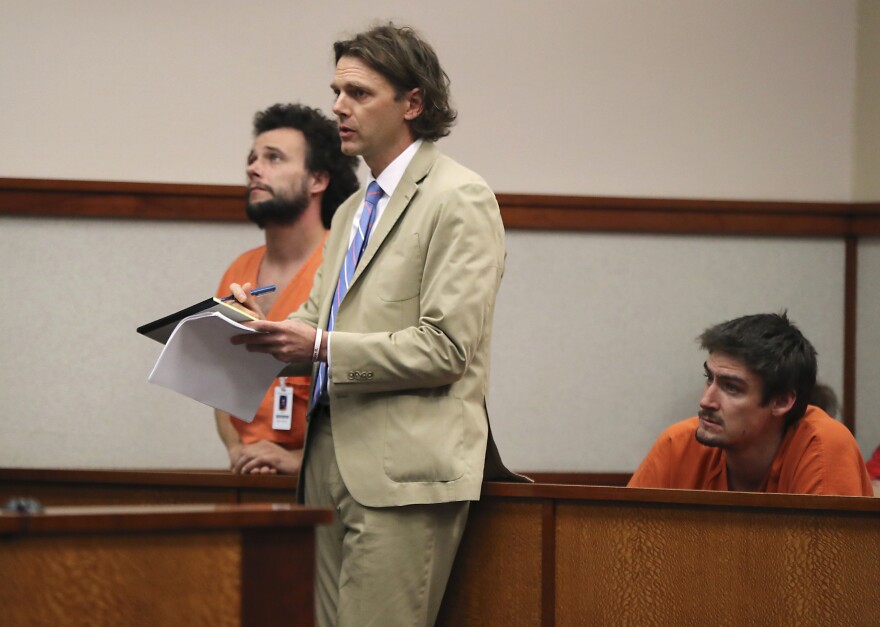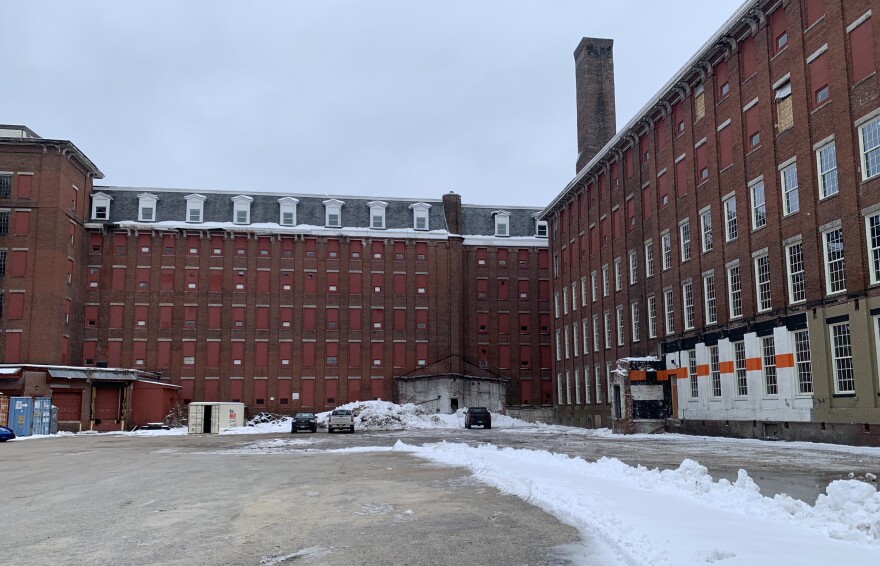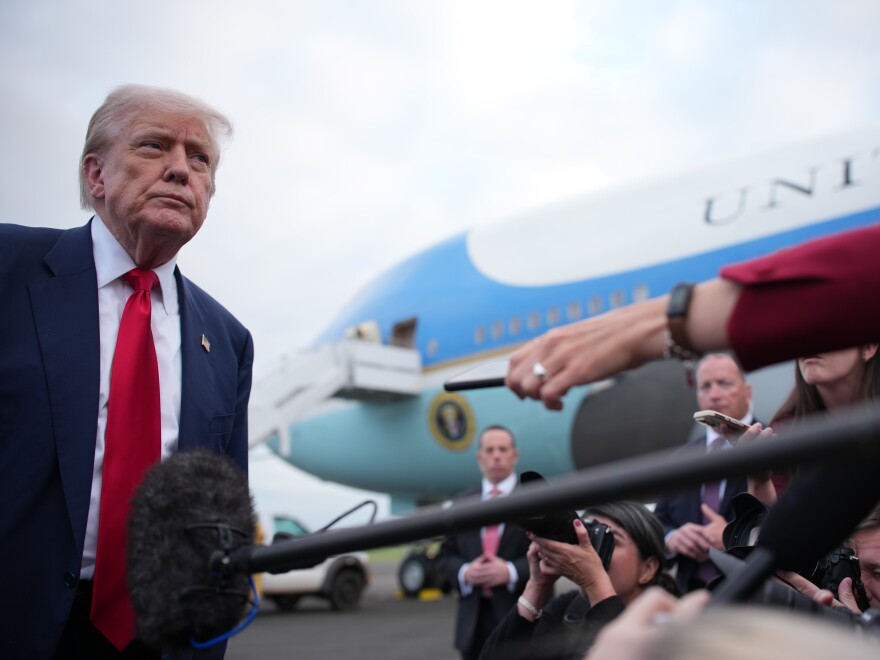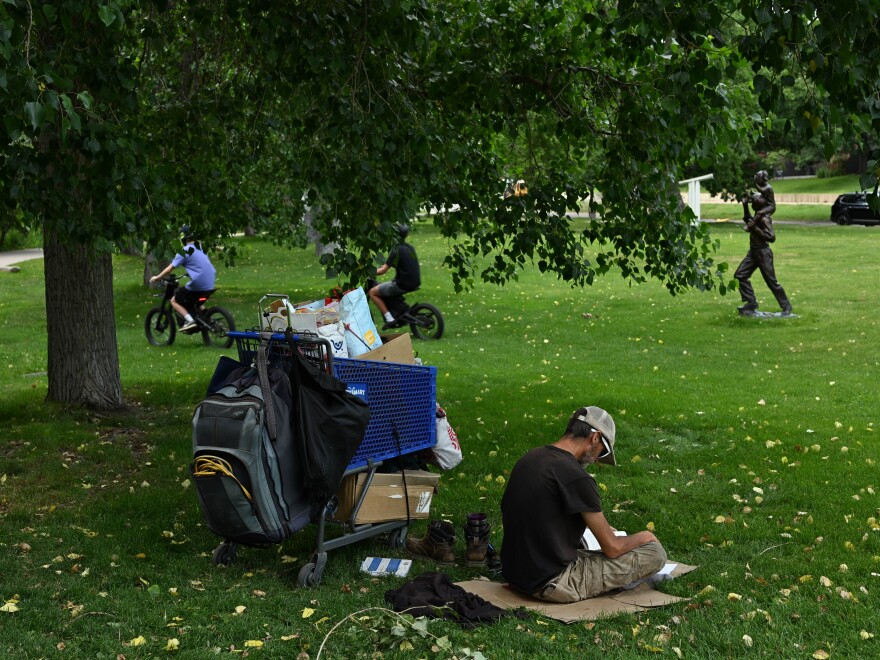Court-appointed lawyers and Maine’s federal defender are warning of a severe budget deficit that they believe may result in impoverished clients’ trials being postponed.
On July 3, over 60 private lawyers in Maine ceased receiving compensation for representing low-income clients in federal criminal prosecutions.
James Nixon, the federal defender for the district of Maine, cautioned the state’s congressional delegation this week that the three-month delay is aggravating a problem that jeopardizes prisoners’ constitutional right to a speedy trial, even if those payments will resume on October 1.
This is due to the possibility that private attorneys and related vendors may decline cases as a result of the voucher suspension it has triggered.
“Absent a supplemental appropriation of $115.7 million for the Defender Services program, private attorneys in Maine and nationwide will remain unpaid for months,” Nixon stated. “Moreover, the current deficit will likely worsen and bring dire complications to the federal defense system and court operations in the next fiscal year.”
Similar worries about a system-wide financing deficit that would also impact the budget for the following year have been voiced by public defenders around the nation. They claim that in order to continue the work of public defense offices, which have been prohibited from hiring for the past 17 months due to restricted budgets approved by Congress, vouchers for private attorneys are required.
Judge Amy St. Eve, leader of the Judicial Conference’s Budget Committee, stated earlier this month that “our Constitution and the Criminal Justice Act guarantee the right of a criminal defendant to effective counsel regardless of the defendant’s economic status.” We ran out of money on July 3 to pay the private practice lawyers hired to represent federal defendants, putting that fundamental right in jeopardy.
According to Bangor lawyer Kaylee Folster, who co-signed Nixon’s letter, the delay may result in difficulties for the public defender system as a whole. According to her, some of the lawyers assigned by the court are independent contractors who depend on the voucher scheme.
Ninety percent of defendants facing criminal charges are unable to pay for their own legal representation, according to a federal court system release. About 60% of such cases are handled by public defense offices, with the other 40% going to private lawyers.






